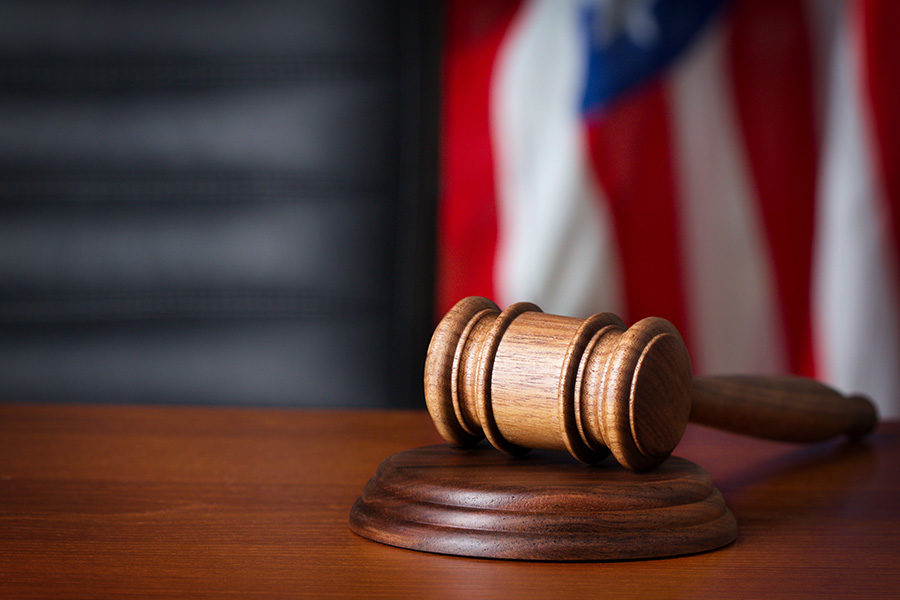Lottery wins lawsuit as court rejects DOJ Wire Act appeal

The appeals court has ruled in favour of the New Hampshire Lottery, which filed a lawsuit against the DOJ’s opinion on the Wire Act.
US.- The First Circuit Court of Appeals has rejected the Department of Justice’s (DOJ) opinion that the 1961 Wire Act was intended to outlaw all forms of interstate online gambling.
The court ruled that the Wire Act, which was designed to prevent the use of wire-based communication to place sports bets between states, applies only to sporting events and not other forms of gambling as suggested by the DOJ.
In early 2019, the DOJ released a memo titled “Reconsidering Whether the Wire Act Applies to Non-Sports Gambling”, which examined the Wire Act and concluded that all forms of online gambling on an interstate level was unlawful.
But the New Hampshire Lottery filed a lawsuit against the DOJ’s opinion, and in June 2019 US district judge Paul Barbadoro ruled in favour of the lottery, finding that the Paraphernalia Act supported its case.
Barbadoro argued: “The Paraphernalia Act demonstrates that when Congress intended to target non-sports gambling it used clear and specific language to accomplish its goal. In other words, when Congress wished to achieve a specific result, it knew how to say so.”
The following month, the DOJ appealed the judge’s decision, but on Wednesday the First Circuit Court of Appeals also backed the New Hampshire Lottery’s case.
Earlier this month, Michigan’s Governor Gretchen Whitmer signed a bill designed to allow interstate online poker, making it legal for online poker operators to create liquidity pools with players from other states.










